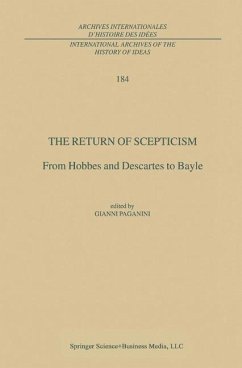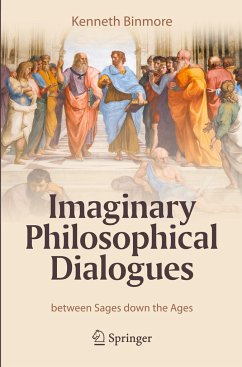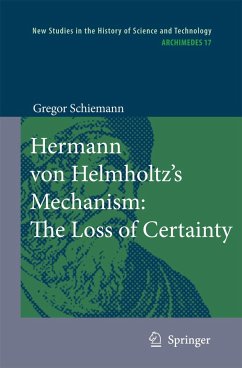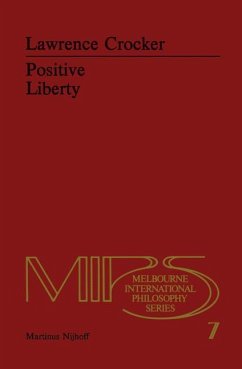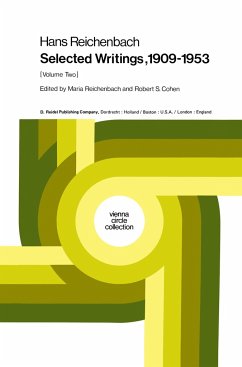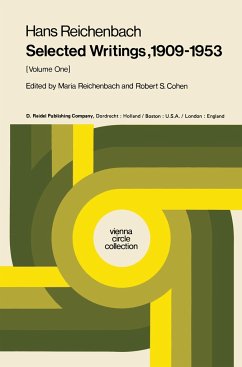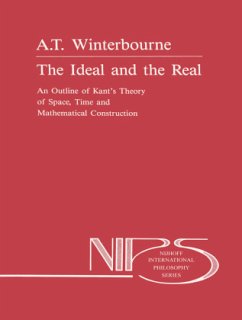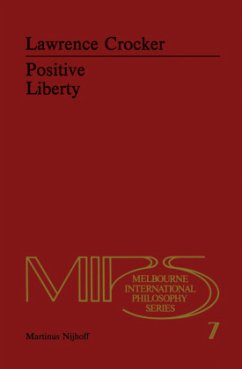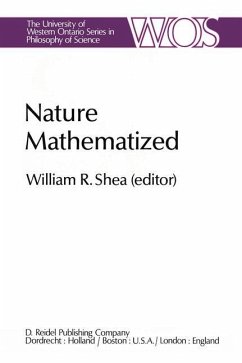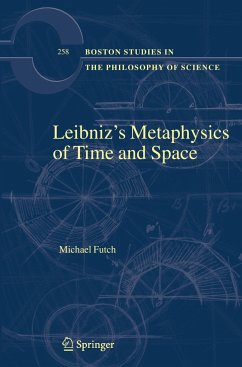
Determinism and Freewill
Anthony Collins' A Philosophical Inquiry Concerning Human Liberty

PAYBACK Punkte
42 °P sammeln!
The Philosophical Inquiry concerning Human Liberty of Anthony Collins' was considered by Joseph Priestley and Voltaire to be the best book written on freewill up to their own time. Priestley admitted that it convert ed him to determinism and it had a powerful effect on Voltaire in the same direction. It seems important to place in its wider historical context a book which so influenced such men and which greatly impressed the philosophes in general. Therefore - and because such an account has value in itself - the Introduction contains a survey of the freewill controversy from the time of Hobb...
The Philosophical Inquiry concerning Human Liberty of Anthony Collins' was considered by Joseph Priestley and Voltaire to be the best book written on freewill up to their own time. Priestley admitted that it convert ed him to determinism and it had a powerful effect on Voltaire in the same direction. It seems important to place in its wider historical context a book which so influenced such men and which greatly impressed the philosophes in general. Therefore - and because such an account has value in itself - the Introduction contains a survey of the freewill controversy from the time of Hobbes to that of Leibniz, giving in some detail the opinions of Hobbes, Locke, Pierre Bayle, William King, Archbishop of Dublin, and Leibniz and an account of the Scholastic doctrine of liberty of indifference - opinions which either influenced Collins or against which he reacted. The value and originality of Collins' works need assessing. He was also at times liable to misinterpret or misunderstand the authorities he quoted. I have, therefore, subjected the Inquiry to a detailed critique. This also gives cross-references to parallel passages in Collins' works and those of the authors who influenced him, and, by discussing the philosophical and theological questions to which his writings give rise, obviates the need for a good many footnotes in the notes that follow the text.





